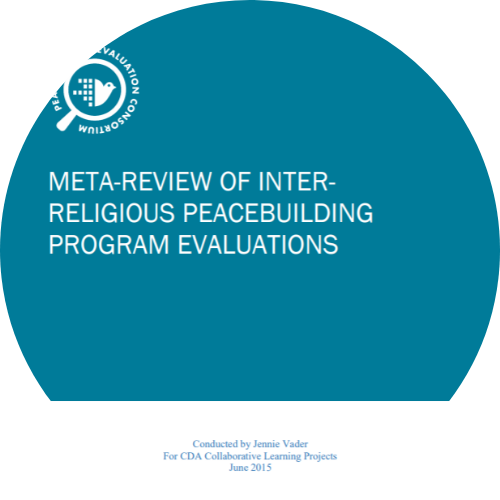Leading the field to strengthen monitoring, evaluation and learning practices and promote a strong culture of adaptive management
The PEC was a field-wide response to address the unique challenges to measuring and learning from peacebuilding programs. The PEC was funded through the generous support of the Carnegie Corporation of New York across three grants from 2011 - 2019.
As PEC efforts concluded in early 2019, the legacy of the PEC boasts a long list of learning activities, learning products, and resources, including the development of the DM&E for Peace learning platform that continue to influence the sector. The PEC further developed and hosted an impressive record of practitioner participation in many events, webinars, M&E Thursday Talks, Peacebuilding M&E Solutions Forum, and the Peace Project Mentorship Program.
We have also observed and measured indisputable changes in the culture of peacebuilding evaluation which has shifted since we first started this work in 2011.
The culture of evaluation in peacebuilding HAS changed in the following ways:
There is a greater acceptance of the need for monitoring & evaluation;
There is less (overt) resistance to evaluation;
There is more use of evaluative tools and methods and more experimentation with complexity-aware methods that are relevant for peacebuilding processes;
The quality of evaluations is improving, although more organizations could be sharing their evaluations with others – an area where more progress is needed.
Developing Methodological Rigor
The PEC helped bridge the gap between state-of-the art methodologies and resource-constrained peacebuilding programs by improving the range of methods, tools, and processes available for rigorous evaluation of impacts in peacebuilding. Throughout the course of the PEC, we developed and tested practical tools, invested in developing training modules including the advanced DM&E training, hosted workshops and evidence gatherings, and curated resources for applying peacebuilding DM&E best practices.
improving the culture of Evaluation & Shared learning
The PEC created safe spaces for knowledge and idea exchanges around how to put stronger peacebuilding DM&E into practice.
The PEC created an online community of practice through the DM&E for Peace learning platform that was accessed by 46,846 unique users from 190+ countries. It further hosted 43 M&E Thursday Talks with 3,861 attendees, and led the Peace Project Mentorship Program with 186 participants.
Promoting evidence-based policy & practice
The PEC fostered ongoing dialogue with and among key policymakers, donors, and practitioners about what defines success and impact in the long-term change context of peacebuilding practice.
Notable policy achievements include contributions to: USAID’s Procurement Reform linking design and implementation, supporting adaptive management and promoting better use of data, USIP CVE Taskforce report, CSIS’s Stabilization Assistance Review Report, and the Global Fragility Act - bringing DM&E issues to the forefront of new legislation and policies.
Featured PResentations
M&E Thursday Talks - Eirene Peacebuilding Database
Lessons from the Field @PeaceCon2018
M&E Thursday Talk - 7 Guidings Steps for Peacebuilding Design, Monitoring, and Evaluation
M&E Thursday Talk - Gaps in Peacebuilding Evaluation Practice



























